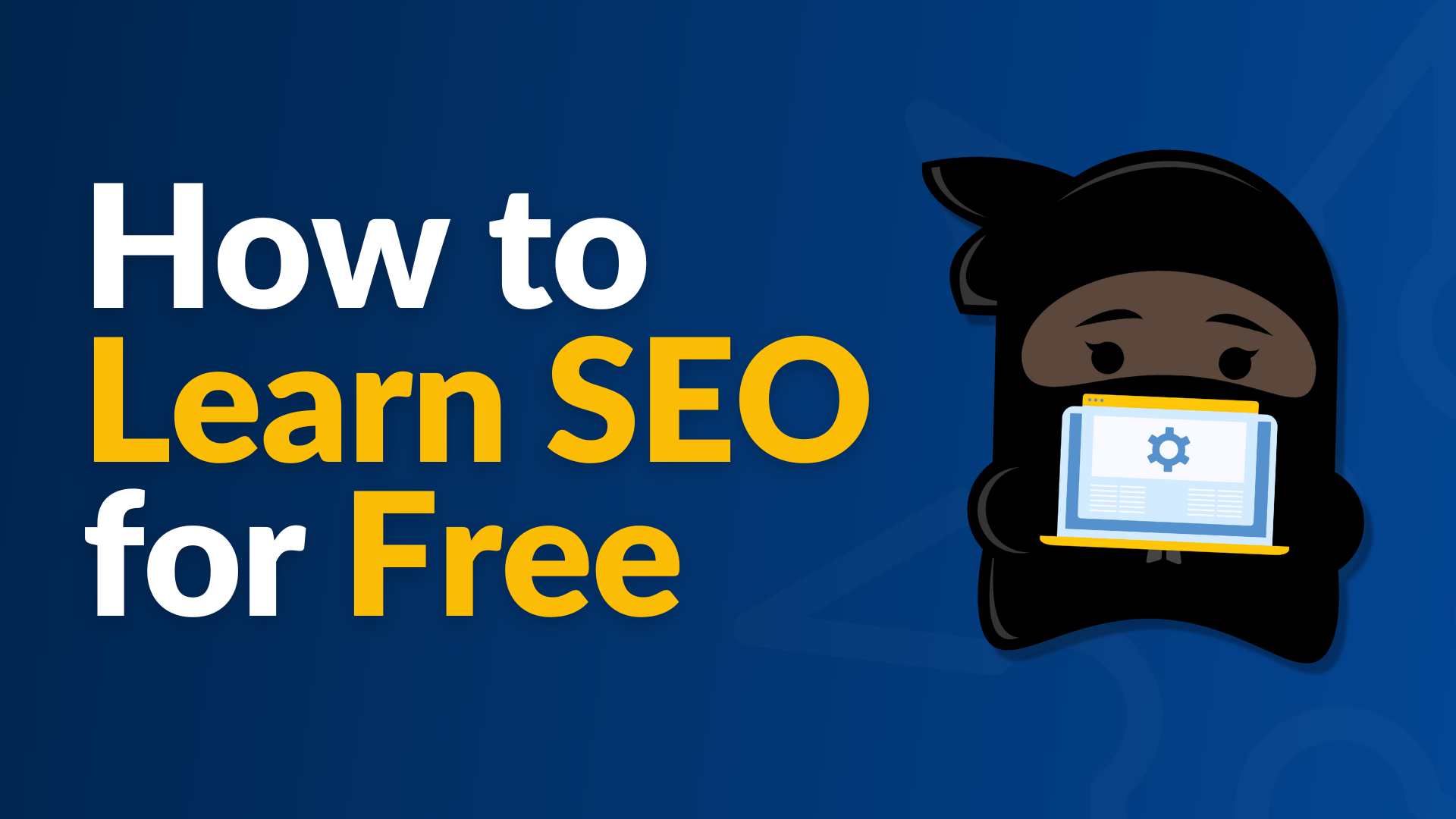Search Engine Optimization (SEO) is a critical skill for anyone looking to enhance their online presence. Whether you’re a business owner, a digital marketer, or a blogger, understanding SEO can significantly impact your ability to attract and retain traffic. In this comprehensive guide, we’ll explore how to learn SEO in 2024, focusing on the most current and effective strategies.
Understanding SEO: The Basics

What is SEO?
SEO, or Search Engine Optimization, involves optimizing your website to rank higher in search engine results pages (SERPs). This improves visibility and drives organic (non-paid) traffic to your site. SEO encompasses various techniques, including keyword research, on-page optimization, and link building.
Why Learn SEO?
Learning SEO is essential for several reasons:
- Increased Visibility: Higher rankings in search results lead to more traffic.
- Cost-Effective Marketing: Unlike paid advertising, organic traffic doesn’t incur direct costs.
- User Experience: SEO best practices improve website usability and user experience.
- Competitive Edge: Understanding SEO can give you an edge over competitors who may not be optimizing their sites effectively.
Steps to Learn SEO in 2024
1. Start with the Basics
Begin by familiarizing yourself with fundamental SEO concepts. Here are some key areas to focus on:
Keyword Research
Keywords are the terms and phrases that users enter into search engines. Understanding what your target audience is searching for is the foundation of effective SEO.
- Tools: Use tools like Google Keyword Planner, Ahrefs, and SEMrush to find relevant keywords.
- Long-Tail Keywords: Focus on long-tail keywords (more specific phrases) to attract targeted traffic.
On-Page SEO
On-page SEO involves optimizing individual web pages to rank higher and earn more relevant traffic.
- Title Tags: Create descriptive and keyword-rich title tags.
- Meta Descriptions: Write compelling meta descriptions to improve click-through rates.
- Headers: Use headers (H1, H2, H3, etc.) to structure content and include keywords.
- Content Quality: Ensure your content is informative, engaging, and relevant to the keywords you’re targeting.
Technical SEO
Technical SEO focuses on improving the technical aspects of your website to enhance its visibility.
- Site Speed: Ensure your site loads quickly.
- Mobile-Friendliness: Optimize your site for mobile devices.
- XML Sitemap: Create and submit an XML sitemap to search engines.
- Robots.txt: Use the robots.txt file to control how search engines crawl your site.
2. Dive Deeper with Advanced Techniques
Once you have a grasp of the basics, delve into more advanced SEO techniques.
Link Building
Link building involves acquiring backlinks from other websites to boost your site’s authority and ranking.
- Guest Blogging: Write articles for reputable websites in your niche.
- Broken Link Building: Find broken links on other sites and offer your content as a replacement.
- Outreach: Reach out to websites and bloggers to promote your content and secure backlinks.
Content Marketing
Content marketing is a crucial component of SEO. Create high-quality, valuable content that attracts and engages your audience.
- Blogging: Regularly publish blog posts on topics relevant to your audience.
- Infographics: Use infographics to present information visually and attract backlinks.
- Videos: Create video content to engage users and improve on-page time.
Local SEO
If you have a local business, optimizing for local search is essential.
- Google My Business: Set up and optimize your Google My Business profile.
- Local Keywords: Use keywords that include your location.
- NAP Consistency: Ensure your Name, Address, and Phone number are consistent across all platforms.
3. Stay Updated with Industry Changes
SEO is constantly evolving. Stay updated with the latest trends and algorithm changes by following reputable SEO blogs and websites.
- Google Webmaster Blog: Official updates and news from Google.
- Moz Blog: Insights and advice from SEO experts.
- Search Engine Journal: News, trends, and tips in the SEO industry.
4. Utilize Online Resources and Tools
Take advantage of online resources to enhance your SEO knowledge and skills.
Online Courses
- Coursera: Offers courses on SEO from top universities.
- Udemy: A wide range of SEO courses for all skill levels.
- LinkedIn Learning: Professional courses on SEO and digital marketing.
SEO Tools
- Google Analytics: Track and analyze your website traffic.
- Google Search Console: Monitor and maintain your site’s presence in Google search results.
- Ahrefs: Comprehensive tool for keyword research, link building, and competitor analysis.
- SEMrush: All-in-one marketing tool for SEO, PPC, social media, and content marketing.
5. Practical Application
Theory is essential, but practice is crucial. Apply what you learn by working on real websites.
- Personal Website: Start your own blog or website to practice SEO techniques.
- Freelance Projects: Offer SEO services to small businesses or non-profits.
- Internships: Gain experience by interning with a digital marketing agency.
Tips for Effective SEO Learning
Consistency is Key
SEO is not a one-time task but an ongoing process. Consistently apply SEO practices and monitor your progress.
Join SEO Communities
Join online forums and communities to connect with other SEO learners and experts.
- Reddit: Subreddits like r/SEO for discussions and advice.
- SEO Forums: Platforms like Moz Community and Warrior Forum.
- Social Media Groups: LinkedIn and Facebook groups focused on SEO.
Experiment and Analyze
SEO involves a lot of trial and error. Experiment with different strategies and analyze the results to see what works best for your website.
Keep a Learning Journal
Document your learning journey, including what strategies you’ve tried and their outcomes. This helps track progress and identify effective techniques.
Conclusion
Learning SEO in 2024 requires a combination of understanding fundamental concepts, staying updated with industry changes, and practical application. By following the steps outlined in this guide and leveraging available resources, you can master SEO and significantly enhance your online presence. Remember, SEO is a long-term investment, and consistent effort will yield the best results. Keep learning, experimenting, and adapting to stay ahead in the ever-evolving world of SEO.
FAQ
What are the best resources to learn SEO in 2024?
Some of the best resources to learn SEO include online courses on platforms like Coursera, Udemy, and LinkedIn Learning, as well as SEO blogs like Moz, Search Engine Journal, and the Google Webmaster Blog.
How long does it take to learn SEO?
The time it takes to learn SEO varies based on your background and dedication. With consistent effort, you can grasp the basics in a few months, but mastering SEO can take a year or more of practice and ongoing learning.
Is SEO still relevant in 2024?
Yes, SEO is still highly relevant in 2024. As long as search engines exist, optimizing for them will remain crucial for online visibility and traffic.
Can I learn SEO on my own?
Yes, you can learn SEO on your own using online resources, courses, and practical experience. Many successful SEO professionals are self-taught.
What skills are important for SEO?
Important skills for SEO include keyword research, on-page optimization, link building, content creation, and understanding of technical SEO. Analytical skills and staying updated with industry trends are also crucial.
How often should I update my SEO knowledge?
Given the constantly evolving nature of SEO, it’s important to update your knowledge regularly. Follow industry blogs, participate in forums, and take courses to stay current with the latest trends and algorithm changes.
By following this guide, you can start your journey to mastering SEO in 2024. Whether you’re a beginner or looking to refine your skills, the key is to stay dedicated, practice consistently, and keep learning.
Read Also:
- How to Increase Website Traffic in 2024
- Top 5 Keyword Research Tools for SEO Success
- Best Ways to Create Backlinks for Free in 2024
